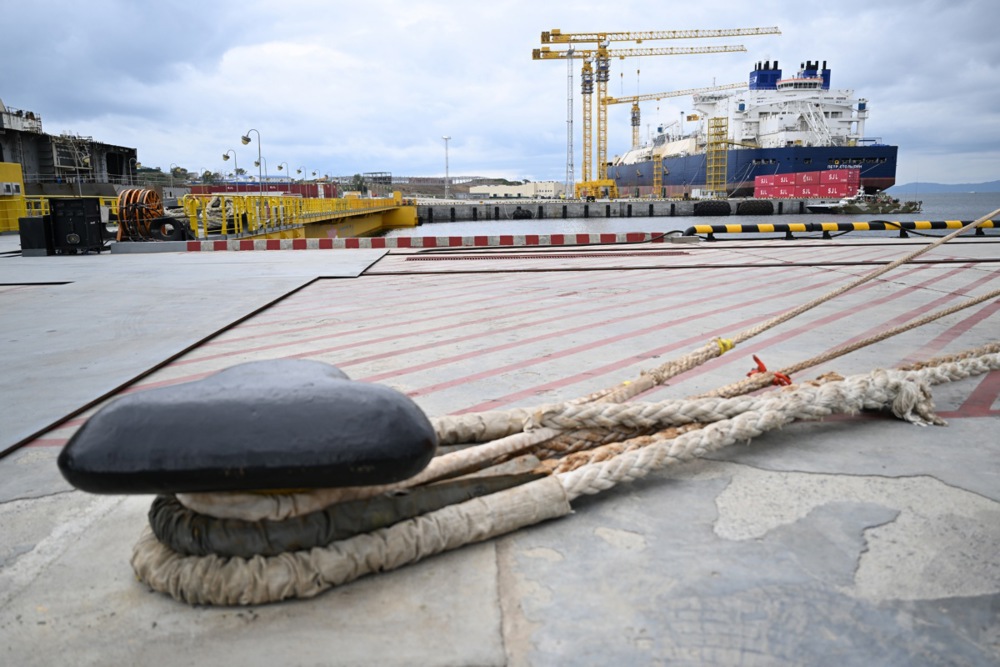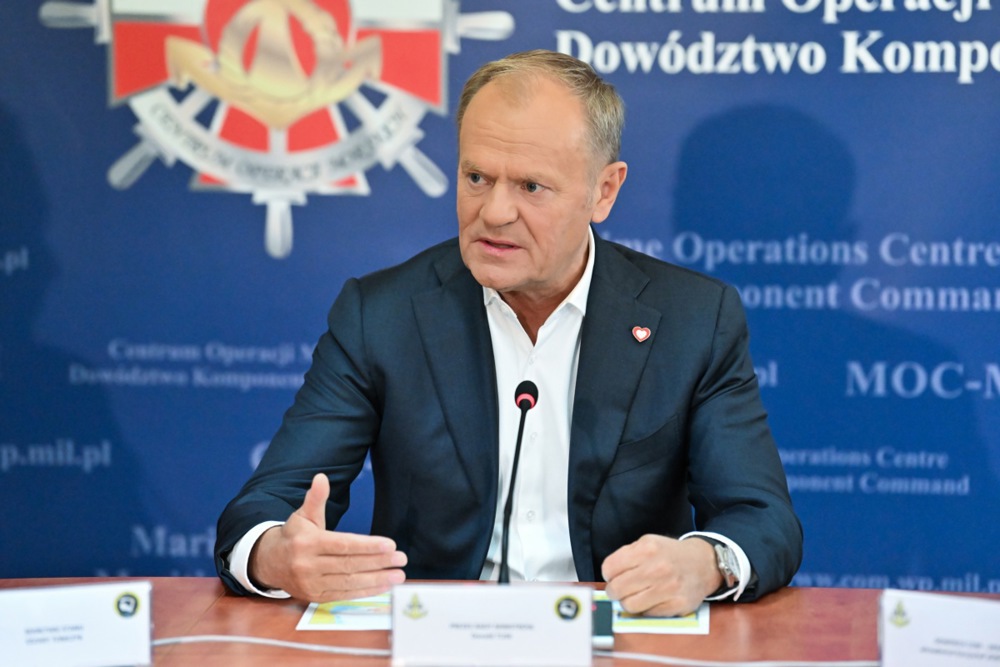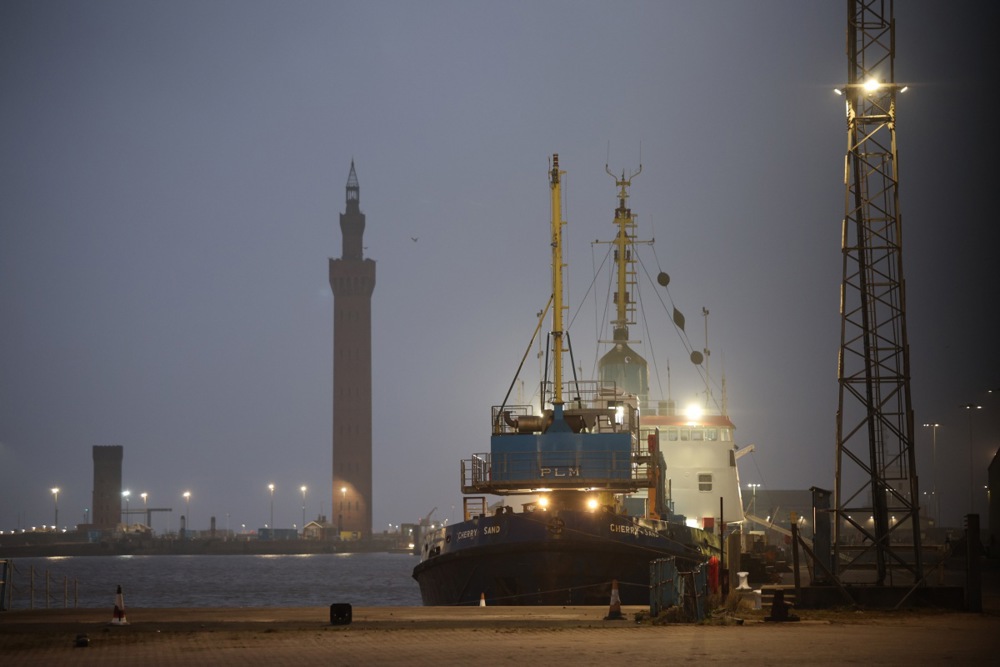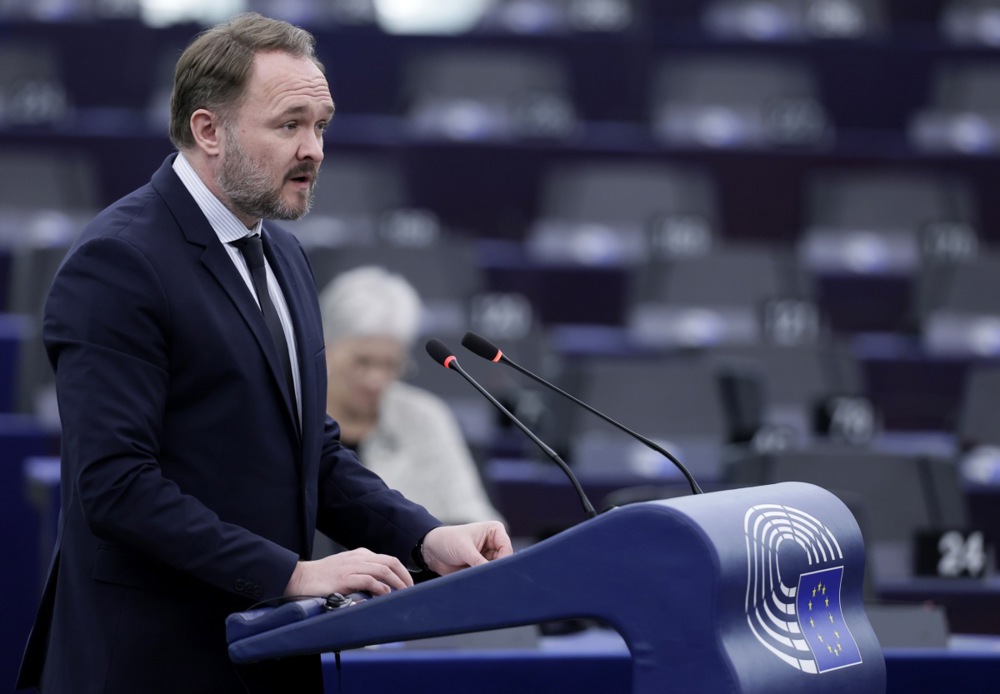Belgium imported more Russian gas in 2024 than before Moscow launched its invasion of Ukraine.
Even as other European countries attempt to cut their energy ties with Russia, Belgium imported 13.3 terawatt hours of Russian liquefied natural gas (LNG) last year.
This is greater both than the year before, and any year before the war began in February 2022, according to newly published figures from Belgium’s trade ministry, reported by De Tijd.
The European Commission has proposed a phase-out of Russian LNG imports, banning new contracts starting in 2026, and ending existing ones by 2028. Until that plan is approved and implemented, current arrangements can continue.
The gas arrives by ship to Zeebrugge port, home to one of the EU’s most active LNG terminals, and one of only a handful of European terminals that still receive LNG from Russia.
The port is operated by Fluxys, Belgium’s gas transmission company, which manages the country’s pipelines and gas storage.
Most Russian gas entering Zeebrugge does not stay in Belgium. Fluxys says roughly two-thirds of the gas processed at the terminal is re-exported to other EU countries.
Even so, official figures show that Russian gas made up around 9 per cent of Belgium’s own gas consumption last year —higher than in 2021, the year before the invasion.
That rise is not driven by growing demand. Belgium’s gas use has fallen steadily in recent years, as households and industries cut back amid soaring prices.
The increase in Russian gas volumes is mostly due to the way LNG is traded and shipped.
Unlike pipeline gas, which flows directly from one country to another, LNG is loaded onto tankers and shipped across oceans.
Some cargoes arriving at Zeebrugge are stored or transferred there before being sent elsewhere, under long-term contracts signed years ago.
One of these deals links the terminal to a Russian gas source in the Arctic — a contract that remains legally valid under EU and Belgian law.
Under the terms of that agreement, gas produced in Russia can be offloaded, stored or reloaded at the Belgian terminal — including onto vessels that then head to other countries, such as China.
That makes Zeebrugge not just an import point for the EU, but also an important logistical hub in the global LNG supply chain, including for Russia.
Belgium says it wants to cut down on its Russian LNG imports, but its government — like France’s — says companies need to receive legal backing before they cancel contracts, to avoid costly lawsuits.
Some Member States have already stopped Russian gas deliveries entirely. Others, like Germany, have shifted to buying LNG from non-Russian suppliers such as the United States and Qatar.
In contrast, Belgium’s infrastructure allows all this gas to keep flowing around the world, including from Russia — because of the way energy networks, contracts, and logistics function.
That has made the country a focus of attention in EU debates over how to enforce the bloc’s energy goals.
Brussels has so far relied on traceability rules to control Russian LNG flows, but those prove difficult to apply.
Fluxys says European policymakers need to provide clarity before companies like it can act.
In the meantime, Russian gas continues to arrive in Zeebrugge — sometimes to supply Belgium directly, sometimes only passing through — but either way, in volumes now higher than before the war.





